
How Chinese traders – and war over an aphrodisiac – led to a multicultural Indonesia
The world’s major powers considered the Banda Islands the key spoil of a spice war hundreds of years ago and it is this bloody past that made the country what it is today
Much of Indonesia’s history and ideology can be traced back to the Banda Islands, a group of remote, small volcanic islets some 4,000km from the capital of Jakarta.
At 180 sq km, the islands are small compared to the archipelago’s main islands of Java, Sumatra, and Borneo. Banda’s position also makes it isolated; the islands consist of 11 islets, four of which are unpopulated, spread out in the middle of the Banda Sea, about six hours sailing from Maluku’s mainland. However, in the heyday of the spice wars in the 17th century, Banda played an important role as the world’s top producer of nutmeg, a once-precious commodity that brought Europe’s major powers to the Southeast Asian nation. The conquest of Banda, and the bloody Dutch colonial rule that followed, ultimately shaped Indonesia into the multicultural and pluralist, albeit flawed, country it is today.
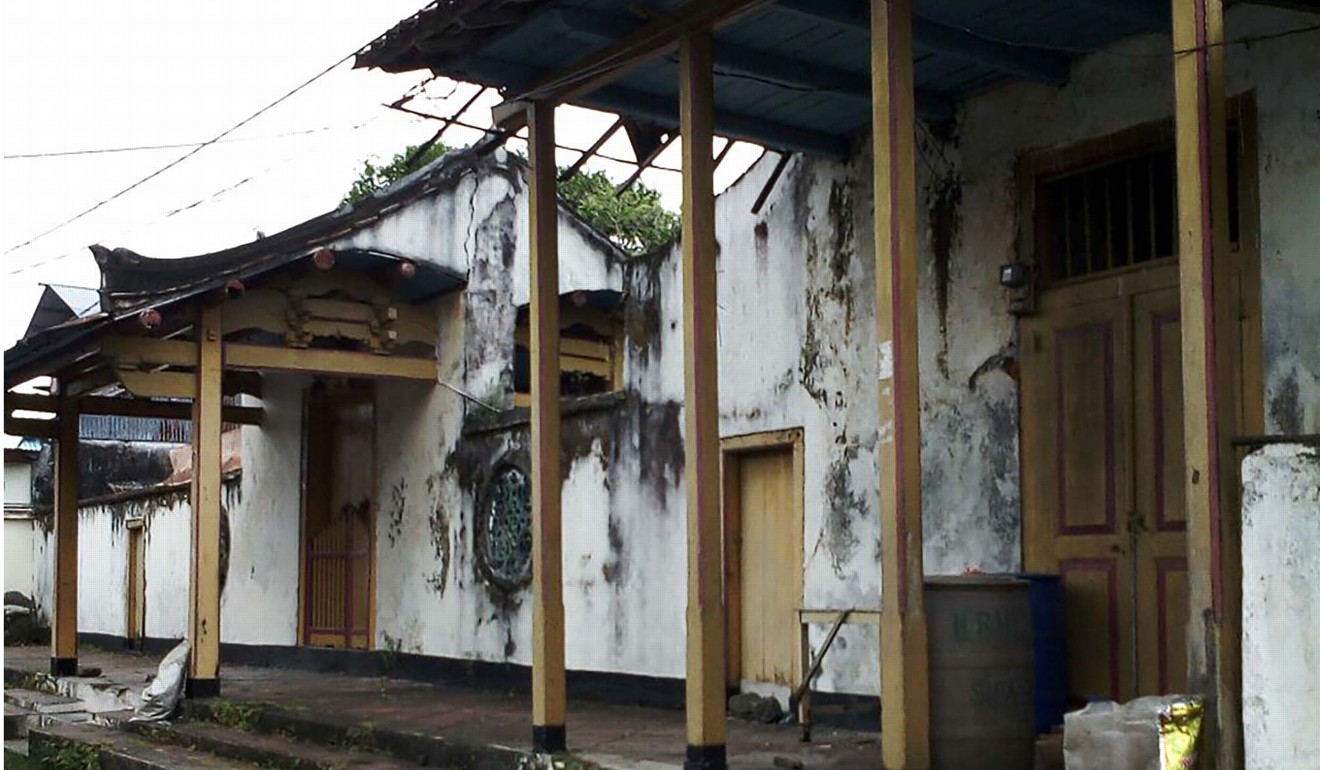
Nutmeg was Europe’s most sought after spice in the 17th century. It was considered an aphrodisiac, and could be used as a food preservative; it was also thought to be a cure for the deadly plague that ravaged the continent at the time. The demand was so high around the world that its price surpassed gold. The commodity grows best in Banda’s volcanic, near-the-sea soil, where it had for centuries been sought by foreign traders from China, Persia and Arabia, among other nations. Historians say the Chinese discovered the islands between 2,000BC and 3,000BC, long before the Persians or Arabs.
Indonesia cracks down on gays ... and fuels its HIV epidemic
“Banda was a very pluralist society, even before the Dutch colonial era,” Usman Thalib, a historian with Pattimura University in Maluku, said in Banda: the Dark Forgotten Trail, a documentary depicting Banda’s history now showing in cinemas. “The Chinese influence is very strong in our tradition and religion.”
Driven by their ambition to break the Arabs’ centuries-old stranglehold on the nutmeg trade, the Portuguese and the Spanish sailed around the world to find the spice; the former became the first European nation to land in Banda, followed by the Dutch and the English. Aside from producing its own high-quality nutmeg, Banda’s strategic position also allowed traders to buy cloves, another highly prized commodity commonly found in nearby Ternate and Tidore islands. The Dutch proceeded to gain ground in the market after forcing the Bandanese to sign a treaty that paved the way for the Dutch East Indies Company to monopolise the nutmeg trade.
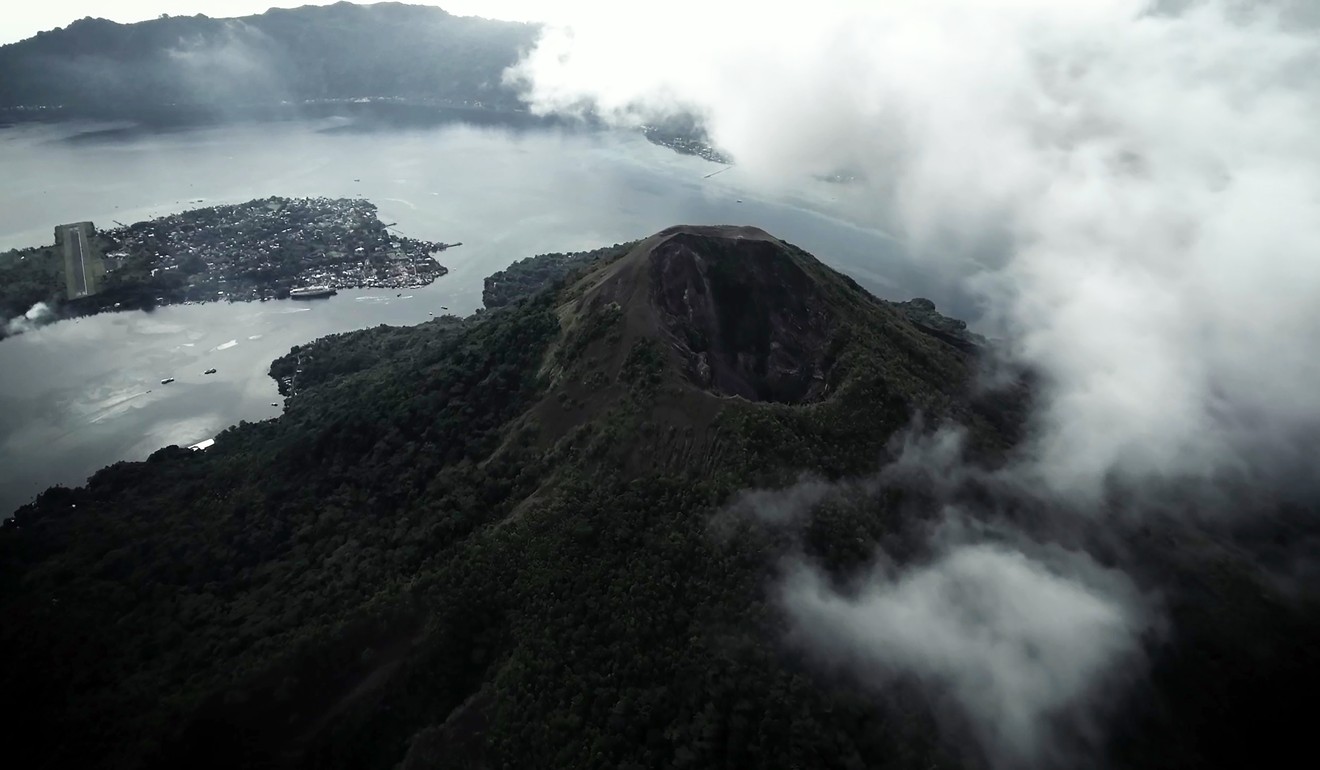
However, with the help of the Chinese, Arab, Persian, and Indian traders, the Bandanese in 1609 ambushed dozens of Dutch troops, including Admiral Pieterszoon Verhoeven. The Dutch plotted their revenge and, in 1621, massacred about 14,000 Bandanese, leaving only 1,000 alive who were forced to work as slaves in the nutmeg groves. Not satisfied with ruling Banda’s two biggest islands, Banda Naira and Banda Besar, the Dutch aimed to take over the English’s only foothold in the Spice Islands: a tiny, nutmeg-rich island named Run. The Netherlands finally took over the island from the English after signing the Breda Treaty on July 31, 1667, in which the Dutch swapped Manhattan, in what was then New Amsterdam (now New York, United States), for Run.
Would moving Indonesia’s capital work?
To maximise output, the imperialists brought in slaves from other regions of Indonesia to work on nutmeg plantations. The Dutch, unknowingly, built a plural society that inspired in Indonesia’s founding fathers the idea of an independent, united tribe.
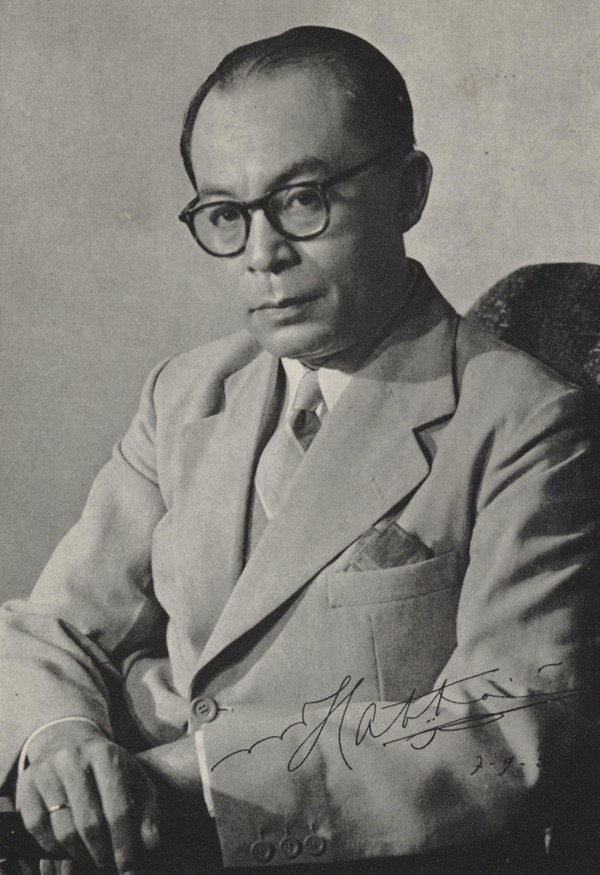
“Banda was an empty land. Then the Dutch brought in people from Java, Sulawesi, and Kalimantan,” Lukman A. Ang, a tour guide and historian, says in the film. “This is what made Banda the only multicultural and multi-ethnic [society] in eastern Indonesia.”
Three centuries later, Mohammad Hatta, who would become one of Indonesia’s founding fathers alongside Sukarno, was exiled to Banda Naira by Dutch colonialists from 1936 to 1942 with other national independence fighters such as Tjipto Mangunkusumo, Sutan Syahrir, and Iwa Kusuma Sumantri. To Hatta, Banda was now offering a vision of an ideal Indonesia – a tolerant society that embraces a range of cultures, religions, races and tribes. Banda also inspired the four men to include an article about state control of important resources in Indonesia’s constitution, according to Banda’s prominent historian Des Alwi.
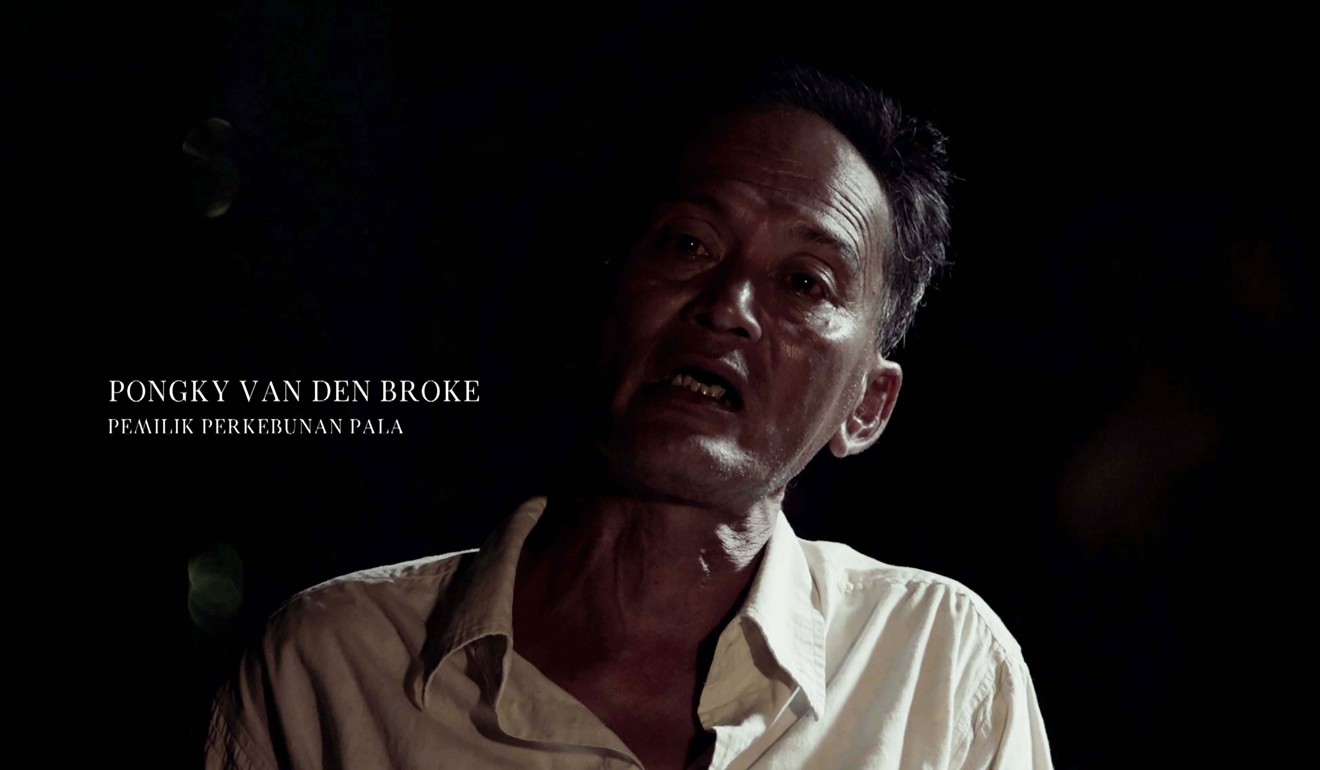
Like other parts of Indonesia, Banda grappled with racial tensions following the fall of the dictator Suharto. The racially fuelled conflicts in Maluku in 1999 eventually made their way to Banda, driving the Christians from the islands after their churches were burnt to the ground. The violence also claimed five members of the family of Pongky Van Den Broeke, Banda’s last living landlord of a nutmeg plantation. During the chaos, Van Den Broeke lost his mother, aunt, wife and two daughters aged eight and 10, as he hid from a mob of rioters.
“The riot was fuelled with social jealousy,” Van Den Broeke, a Muslim of Dutch descent, told This Week in Asia. “My family name is [Dutch]; they questioned why a Dutch owned land in Banda...they were piggybacking on the racial conflicts in Maluku.”
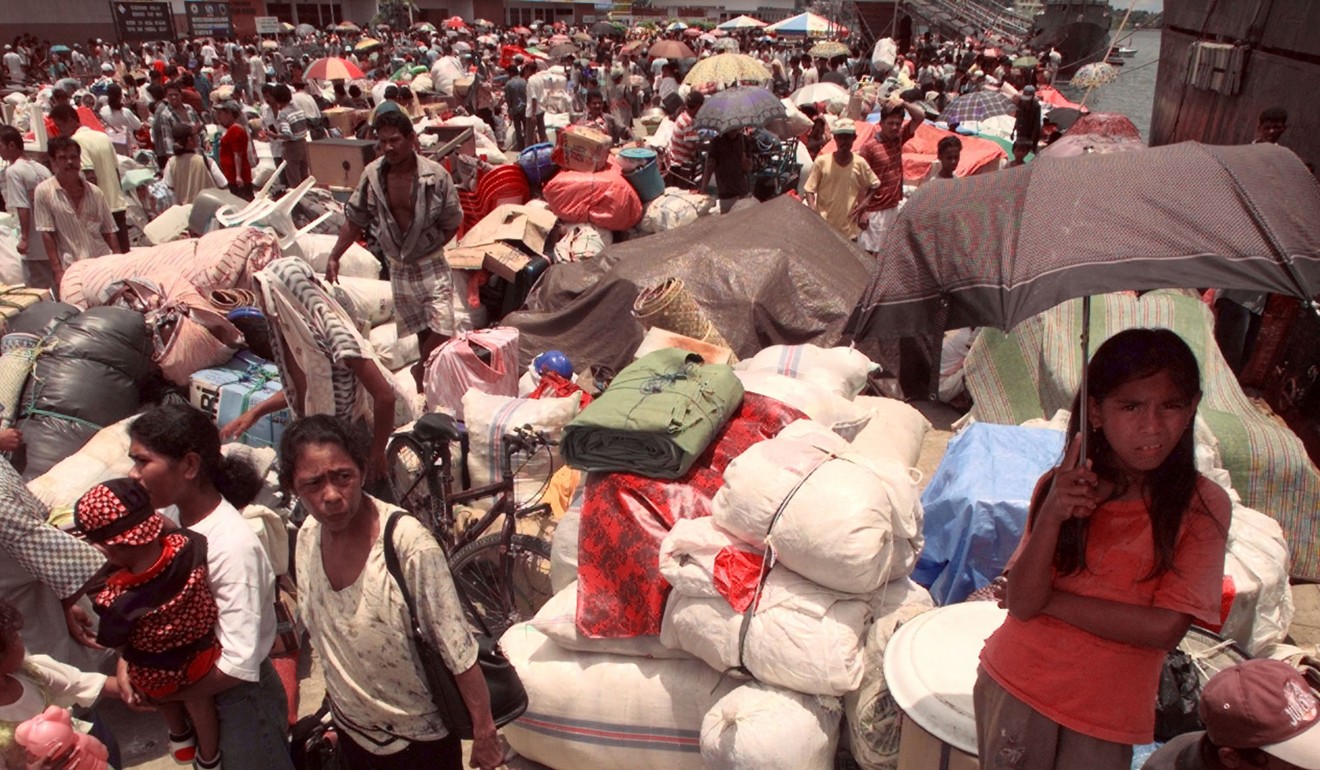
Van Den Broeke’s ancestors came to Banda from the Netherlands in 1612. Before independence, they owned about 140 hectares of nutmeg plantations. The government took over a majority of their assets and left them with only 12.5 hectares of land in six locations that produce up to five tonnes of nutmeg annually, he said.
The plantation is the reason Van Den Broeke did not flee in the aftermath of the riots.
“Banda couldn’t maintain its tolerance during the 1999 riots, although acculturation between races had happened for centuries there,” Irfan Ramli, screenwriter of the documentary, told the audience during a screening by the Jakarta Foreign Correspondents Club. “The conflict showed that there were many layers within the conflict that sequentially made it fatal.”
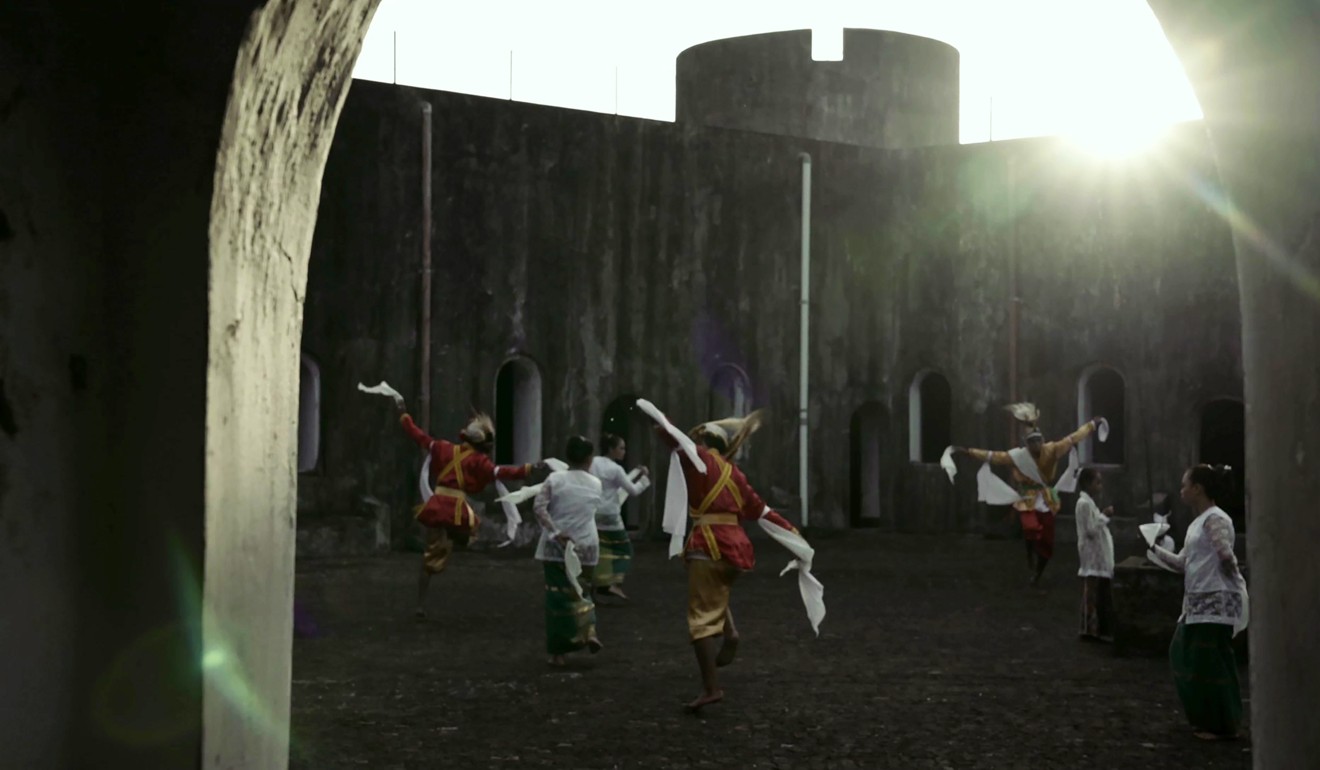
Today, Banda has lost much of its Chinese charm – many families decided to leave the islands due to poor economic opportunities. Only eight Chinese families remain, mostly elderly, down from more than 30 during Dutch colonial rule. Symbols of China, however, still abound, highlighting the Chinese traders’ large role in building Banda’s culture and economy: fishtail-shaped banners and Chinese writings in old mosques; dragon sculptures on traditional canoes; the abandoned, centuries-old Chinese monasteries; and red-dominated uniforms worn during cakalele (war) dances.
Still, the Bandanese have gradually rebuilt their cities, and in the process helped their home regain its status as one of the country’s multicultural hubs.
“When I restored my burnt house, the people who once hunted me down to kill me helped me to rebuild it,” Van Den Broeke said. “They have also apologised to me. [Race] is no longer an issue in our society.”
By showing Banda’s glorious, and dark, past, the documentary makers hope to convey a message about racial and religious tolerance that seems lost in the country’s current political climate. “In Banda, in the earlier days, we have the Arabs, Chinese, Indians...it was very pluralist, so it’s really difficult to imagine that intolerance happened in Banda,” director Jay Subyakto said. “So I think it’s really important to bring this up, especially now when we have more increasing issues about tolerance and religion in Indonesia.” ■

